Summaries of books about Philosophy:
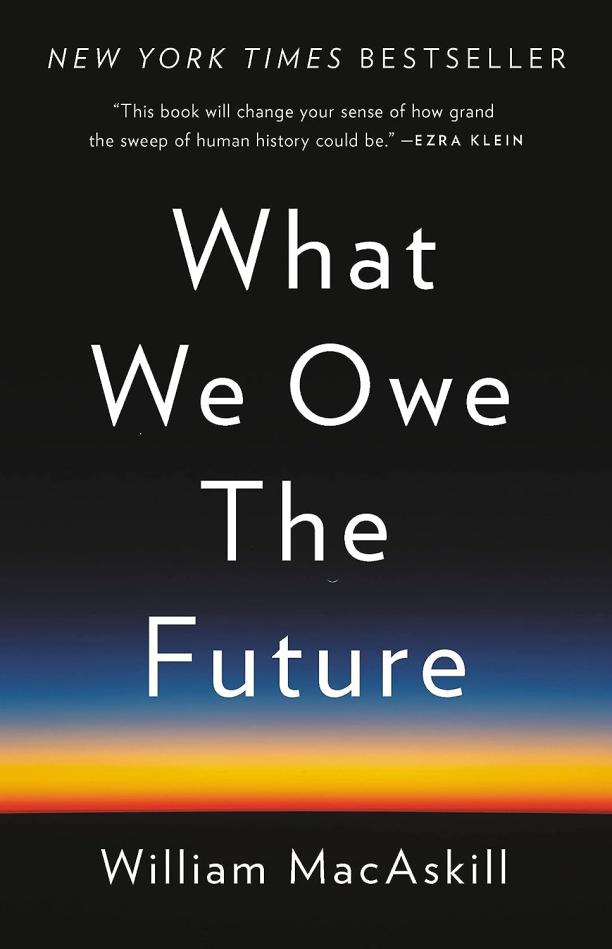
What We Owe the Future
William MacAskill
The book presents a philosophical argument for longtermism, the idea that positively influencing the long-term future is a key moral priority of our time. It discusses ethical considerations, potential risks to humanity's future, and suggests ways in which individuals and societies can prioritize and safeguard the well-being of future generations.
See full summary
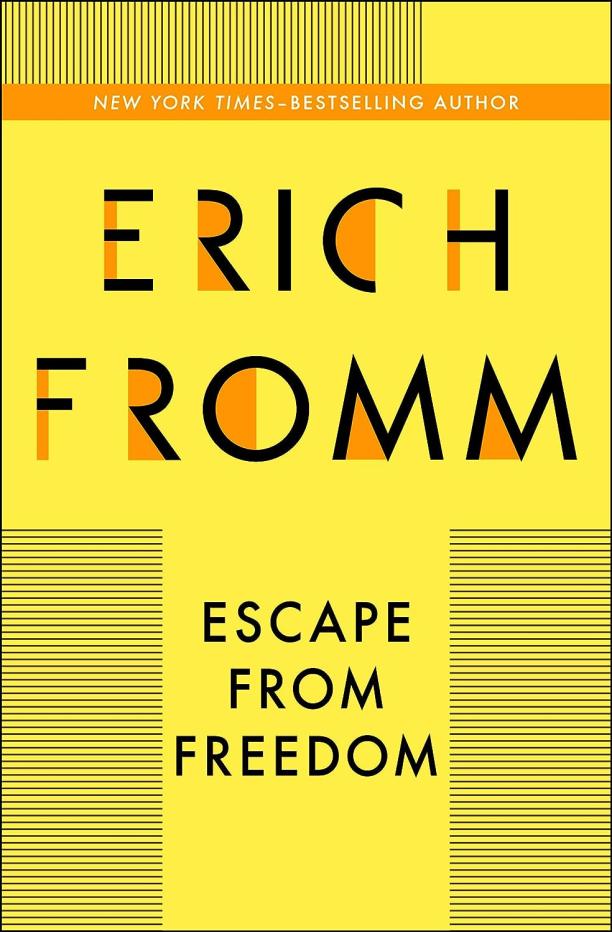
Escape from Freedom
Erich Fromm
The book analyzes the psychological and sociological aspects of freedom, exploring the paradox that arises from the human fear of autonomy and the tendency to submit to authoritarianism as a defense mechanism. It delves into the historical development of this phenomenon, particularly focusing on the rise of totalitarian regimes in the 20th century and the individual's struggle with feelings of isolation and powerlessness in modern society.
See full summary

Sand Talk
How Indigenous Thinking Can Save the World
Tyson Yunkaporta
The book presents Indigenous wisdom and perspectives on complex global issues, advocating for a holistic approach to sustainability and interconnectedness. It explores themes such as environmental stewardship, community building, and the importance of storytelling and traditional knowledge in addressing contemporary challenges.
See full summary
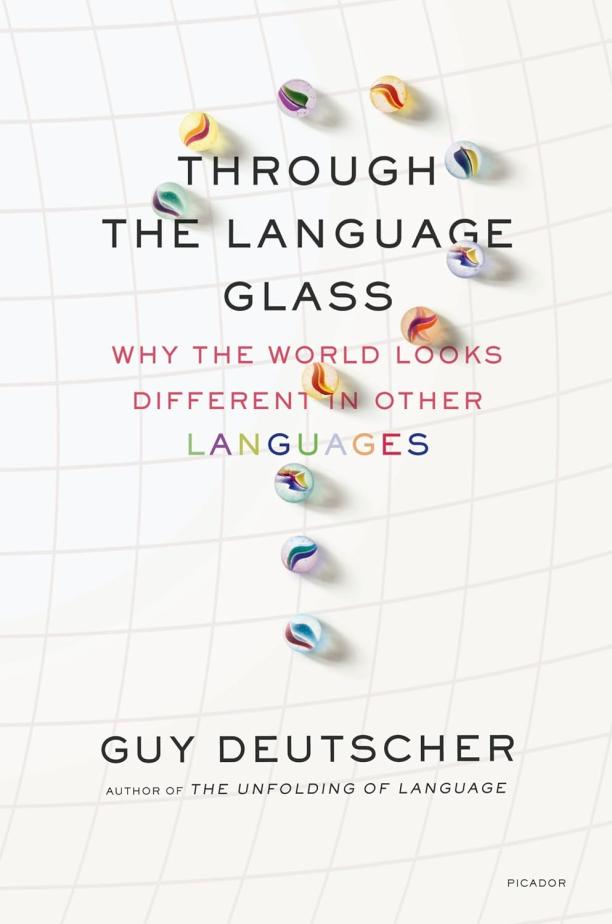
Through the Language Glass
Why the World Looks Different in Other Languages
Guy Deutscher
The book explores the relationship between language, culture, and thought, challenging the idea that the world is perceived the same way by all speakers, regardless of their native tongues. It delves into how linguistic differences can shape and reflect perceptions of color, space, and objects in the world.
See full summary
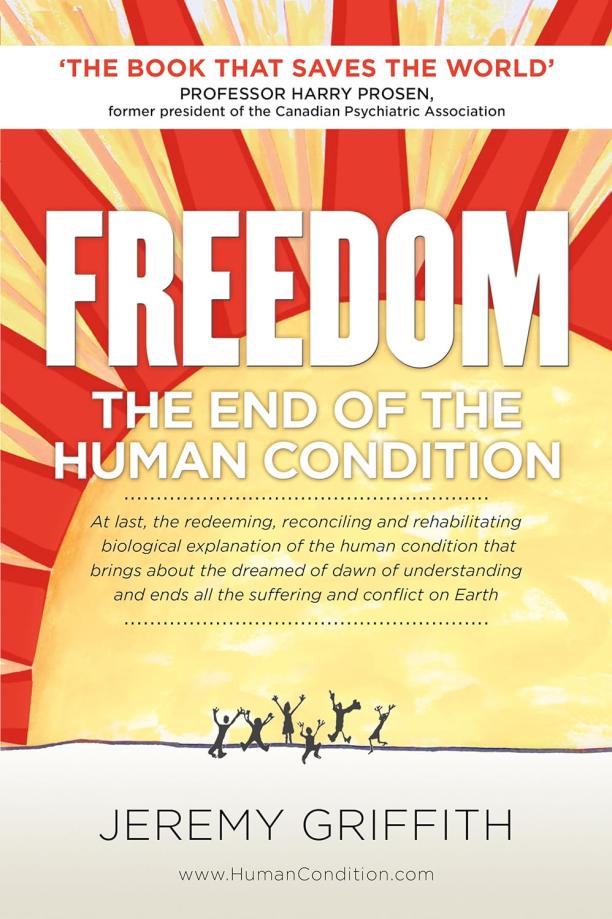
FREEDOM
The End Of The Human Condition
Jeremy Griffith
The book presents a psychological explanation for human behavior, particularly the capacity for what is termed as 'good' and 'evil', by exploring the concept of a deep-seated, historical conflict between instinct and intellect. It proposes a reconciliatory understanding of the human condition that aims to alleviate human suffering and lead to a transformation in the way humans live and think about themselves and the world.
See full summary
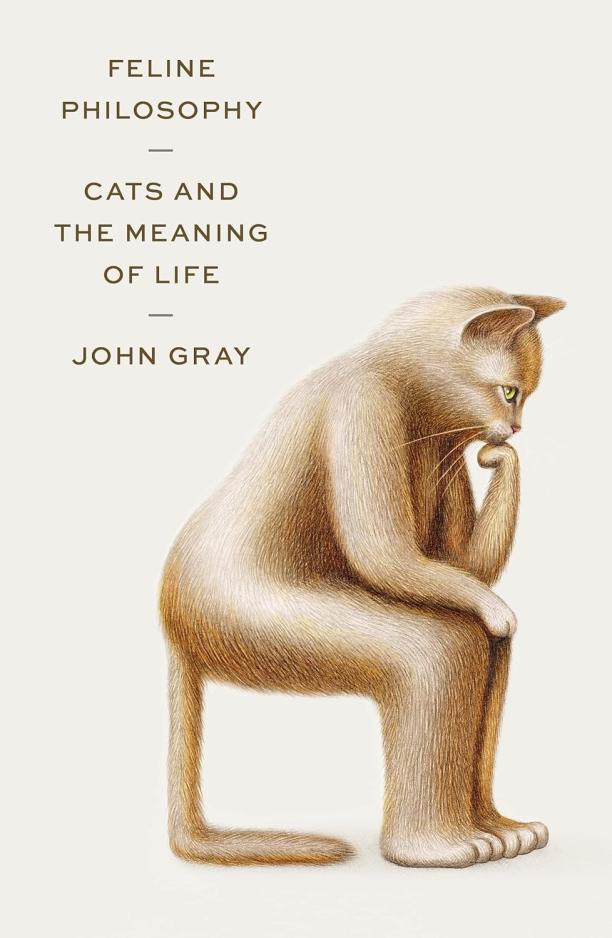
Feline Philosophy
Cats and the Meaning of Life
John Gray
The book explores what humans can learn from cats about embracing life's mysteries and living in the present, drawing on philosophical ideas and the behaviors of cats to challenge human assumptions about the world and our place in it. It delves into the nature of feline independence, contentment, and lack of concern for the future as a model for a more philosophical and less anxiety-ridden approach to life.
See full summary
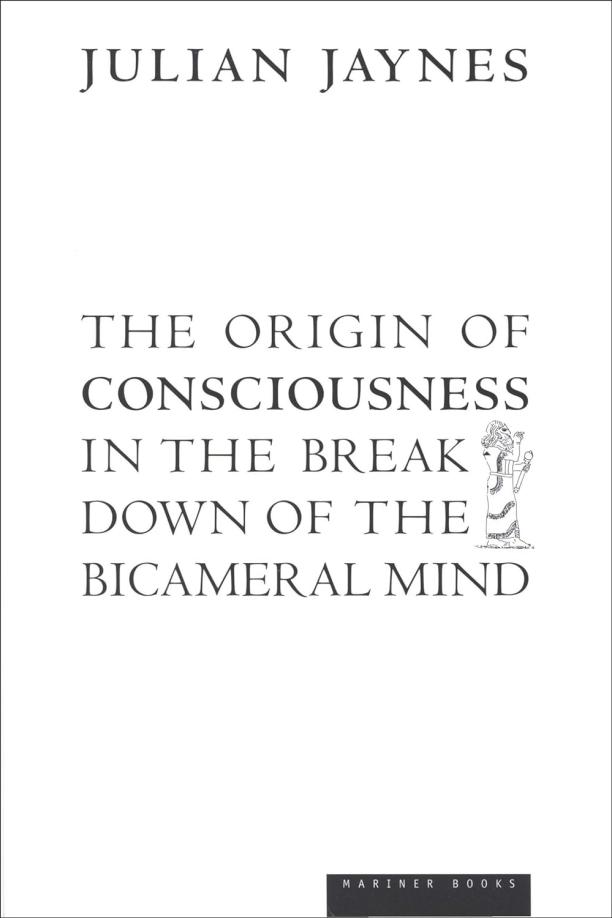
The Origin of Consciousness in the Breakdown of the Bicameral Mind
Julian Jaynes
The book presents a theory that human consciousness emerged only recently in human history through the breakdown of a previous two-chambered mental structure, where one chamber "spoke" and the other obeyed. It suggests that before this breakdown, people experienced directives from a "god-voice" as auditory hallucinations rather than conscious thought.
See full summary
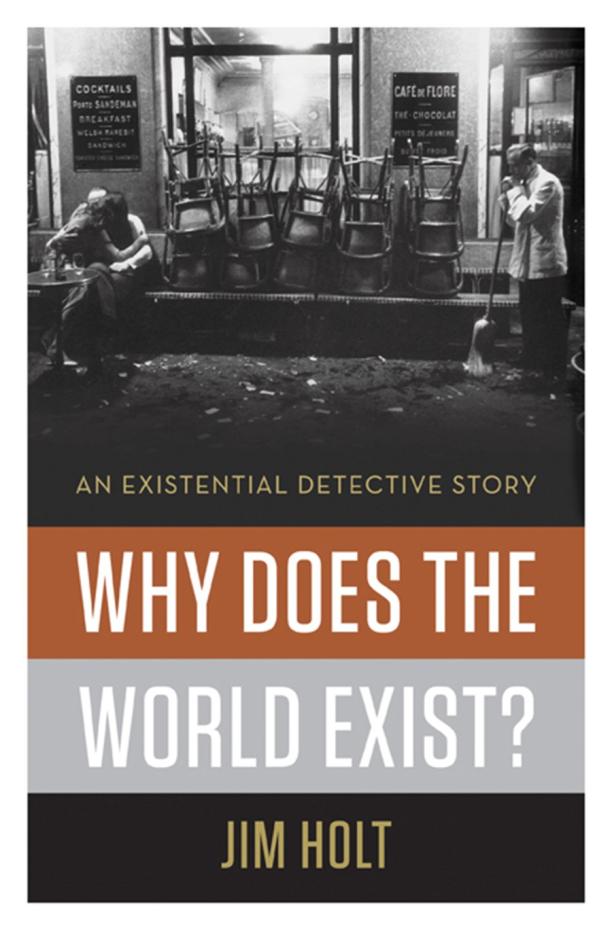
Why Does the World Exist?
An Existential Detective Story
Jim Holt
The book explores one of philosophy's most intriguing questions, why there is something rather than nothing, through a series of interviews with prominent philosophers, scientists, and writers. It delves into various theories and perspectives on existence, cosmology, and the nature of reality, presenting a thought-provoking journey through intellectual discourse on the ultimate mystery of the universe.
See full summary
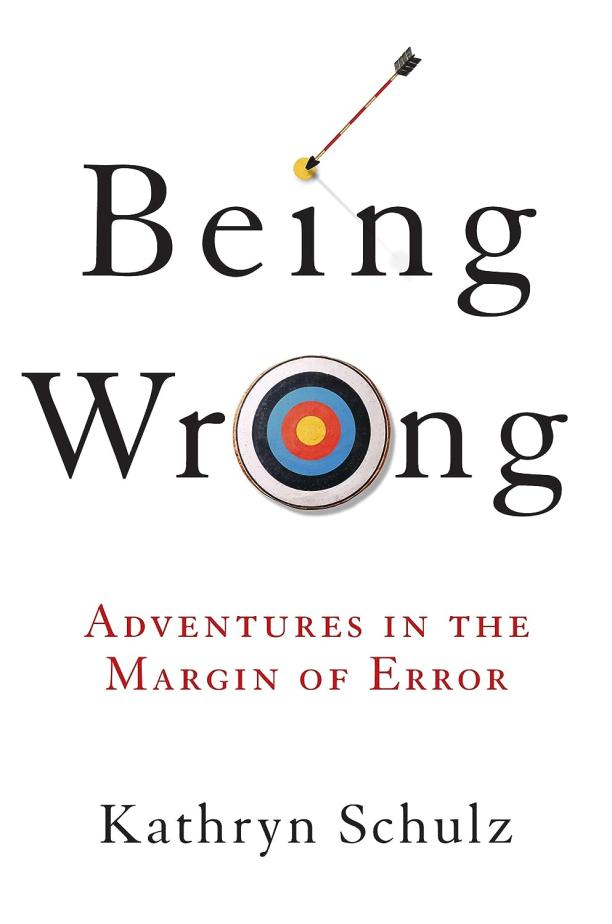
Being Wrong
Adventures in the Margin of Error
Kathryn Schulz
The book explores the phenomenon of human error, delving into why people make mistakes and how society perceives them. It examines the psychological, philosophical, and cultural implications of errors, advocating for the recognition of fallibility as an integral and valuable part of the human experience.
See full summary

I Am a Strange Loop
Douglas R. Hofstadter
The book delves into the concept of self-reference and the idea of consciousness arising from feedback loops in the brain, exploring the nature of identity and the 'I' through a blend of scientific, philosophical, and personal perspectives. It extends the themes of Hofstadter's earlier work "Gödel, Escher, Bach," examining the recursive patterns of symbols and the emergence of an 'I' as an intrinsic part of the human cognitive process.
See full summary